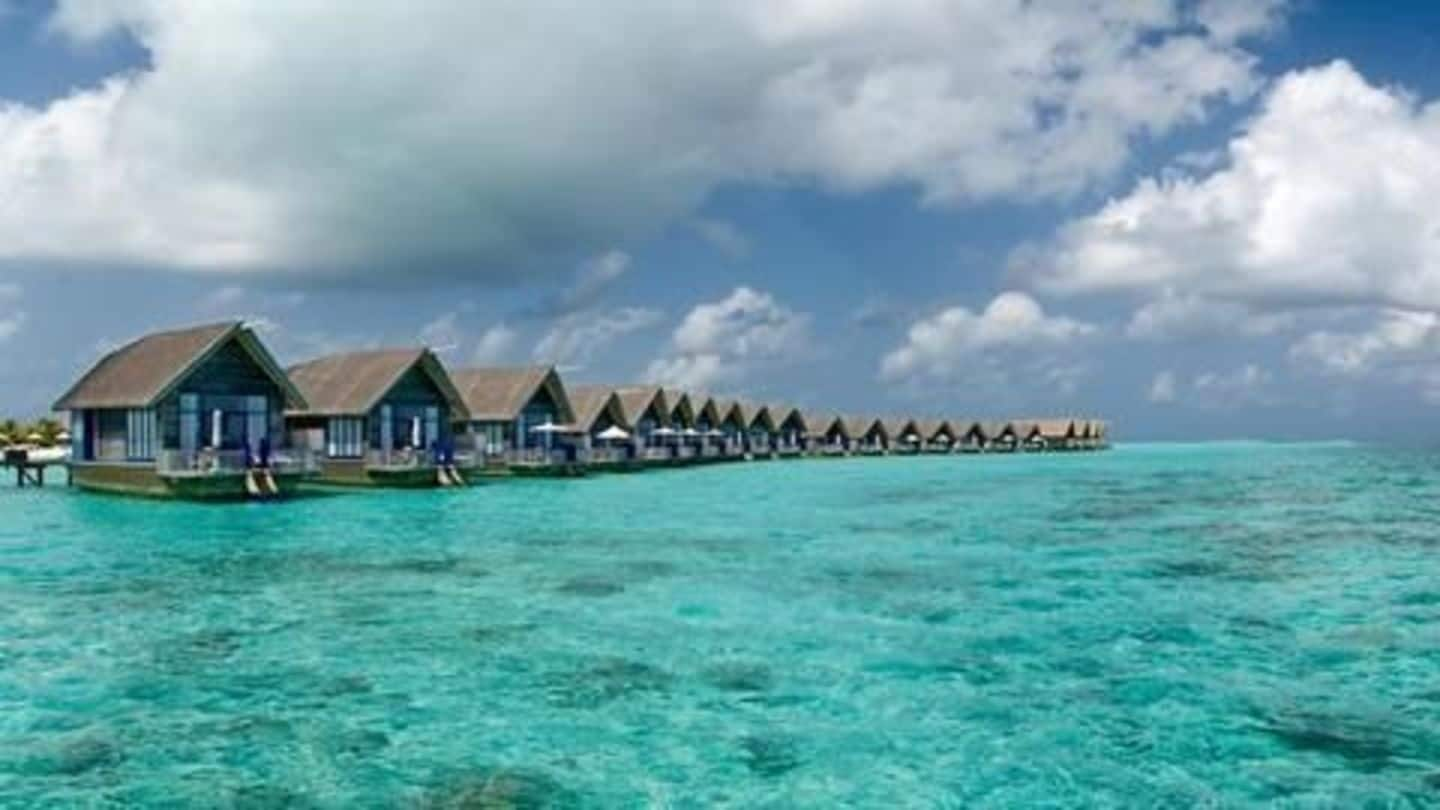
Extremism on the rise in Maldives
What's the story
Experts have warned that Maldives may well have become the latest hub of Islamist extremism in South Asia.
Several youth from the Maldives have pledged allegiance to the IS; official estimates suggest that at least 20 Maldivian youth have been killed while fighting alongside ISIS in Syria.
The conservative policies of the Maldivian government have fanned this extremism.
Information
What is Salafism?
Salafism is an ultra-conservative branch of Sunni Islam which originated in West Asia against European Colonialism. It calls for a fundamentalist approach to Islam, emulating the earliest followers of Prophet Mohammad, al-salaf al-salih. Zakir Naik professes Salafism and is extremely popular in the Maldives.
Early days
Gayoom and the rise of Salafism
From 1978-2008 Maldives was ruled by Maumoon Abdul Gayoom, in an authoritarian regime.
In the 1990s, Maldivian youth began studying in seminaries in Lahore and Karachi where they embraced Salafism, with a view to oppose Gayoom.
Salafism began rapidly expanding and by 2004, Sharia principles started permeating into Maldivian society, with women being advised to wear headscarves and Salafist preachers getting more popular.
Information
Fewer employment opportunities
Experts state that the paucity of blue-collar employment options for Maldivian youth has played a major role in their tilt toward extremism. Tourism and fishing were the primary industries, and fewer youth opted to work in these fields.
Sultan Park
The Sultan Park bombing
On September 29, 2007, a home-made explosive went off at Sultan Park, located in the Maldivian Army (MNDF) Headquarters, injuring 12 tourists.
The bombing was the first Islamist attack on Maldivian soil; 3 Maldivian citizens were arrested in the months after the bombing.
It was later revealed that they were influenced by extremists in Pakistan running charities for the Lashkar-e-Taiba.
Yameen
Mohammed Nasheed and Abdulla Yameen
In 2008, Mohammed Nasheed was elected to office in the first elections since 1978 which was allowed to be contested with other candidates.
Nasheed resigned in 2012 citing pressure from political rivals; Abdulla Yameen Abdul Gayoom, half-brother of former President Gayoom came to power in 2013.
Yameen's new government abolished other religions, and ensured all laws in the country ascribed to Islamic principles.
Information
Yameen's policies promoting extremism?
The Maldivian Ministry of Education introduced many changes in curriculum; they included Arabic as a subject and made Quran studies mandatory till Class 7. The Class 9 Islamic Studies book says "carrying out jihad against people who obstruct the path of Islam is an obligation."
ISIS and Maldives
Maldives: Exporting terror
The Society for the Study of Peace and Conflict stated that since 2013, between 200-250 Maldivian citizens have joined ISIS and are in Syria or Iraq; other estimates put the number at 100-150.
Several Maldivian youth affiliated to al-Qaeda and LeT have been arrested in India and Sri Lanka as well.
Rising unemployment has played a crucial role in assisting this trend.
Do you know?
Terror in Maldives: A threat to India
Over 100 Maldivian youth have traveled to Syria to fight alongside ISIS. Indian investigations revealed that Maldivian ISIS activists had even been assigned to target American and Israeli diplomatic assets in the south Indian cities of Chennai and Bengaluru.